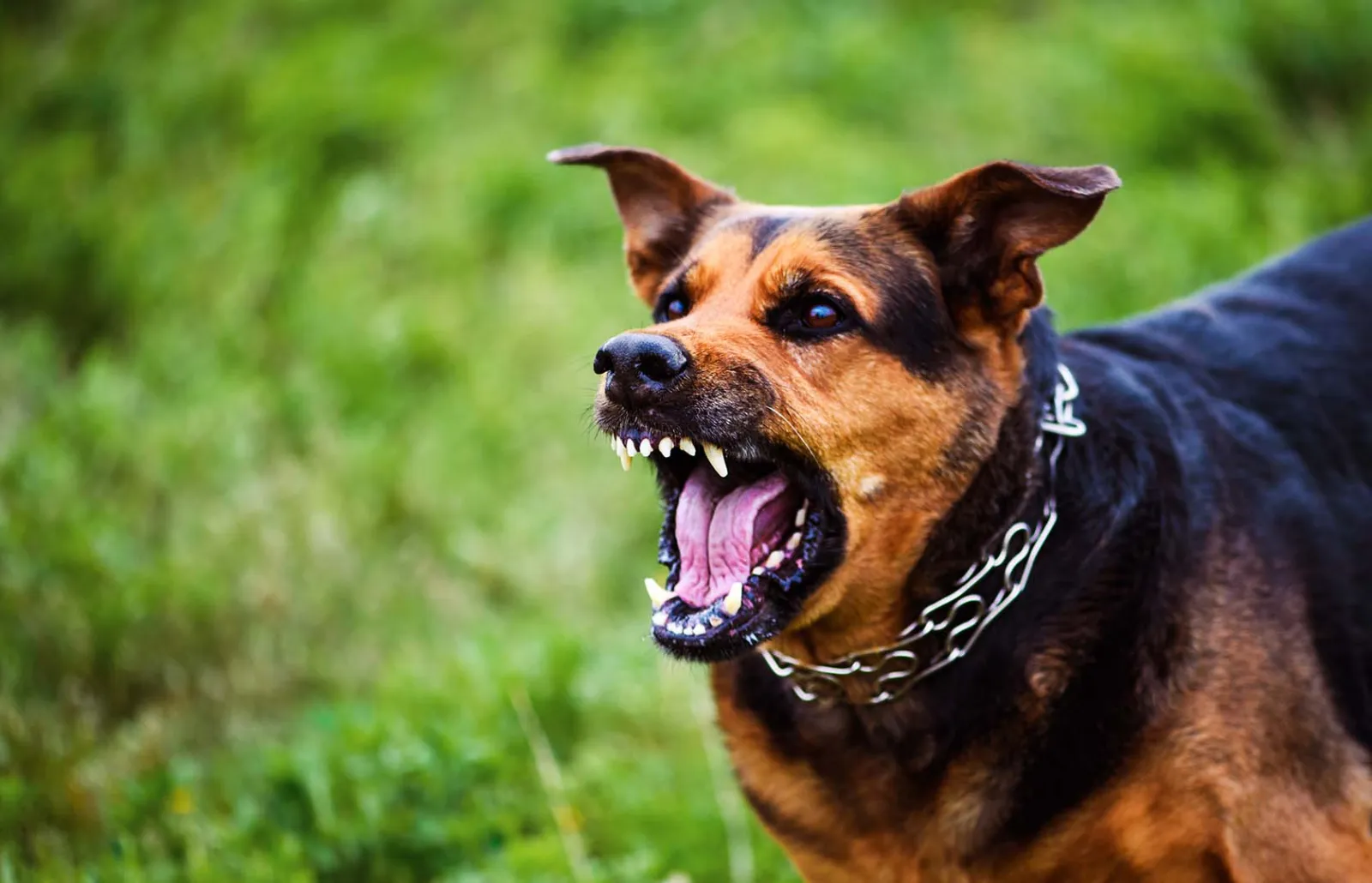How to Prevent Dog Aggression?
Dogs are beloved members of our families, but sometimes their behavior can become a concern, particularly when it involves aggression. Dog aggression can manifest in various ways, from growling and snapping to more severe forms like biting. Understanding the causes and implementing preventative measures is crucial for ensuring a safe and harmonious relationship with your pet.

Understanding Dog Aggression
A dog can develop dog aggression for a variety of reasons, like genetics, environment, and health issues. It's important to recognize the signs early and address them promptly to prevent escalation. Some common causes include:
- Fear: Dogs may become aggressive when they feel threatened or scared.
- Territorial Behavior: Protectiveness over their home or family can lead to aggression.
- Socialization Issues: Dogs not properly socialized with other animals or people might react aggressively.
- Medical Conditions: Pain or neurological issues can cause sudden aggression, known as rage syndrome in dogs.
How to Stop Dog Aggression Towards Other Dogs
One of the most common concerns for dog owners is how to stop dog aggression towards other dogs. This behavior can be particularly challenging during walks or in social settings. Here are some effective strategies:
- Early Socialization: Expose your puppy to other dogs and environments early on to build positive experiences.
- Positive Reinforcement: Practice positive reinforcement for calm behavior around other dogs. Use treats, praise, and affection to reinforce good behavior.
- Training Classes: Enroll in obedience classes to teach your dog commands and improve their behavior in social settings.
- Desensitization and Counter-Conditioning: Gradually expose your dog to other dogs while keeping them at a distance where they feel comfortable. Slowly decrease the distance over time.
- Professional Help: Involve a veterinarian or a professional dog trainer if the aggression persists.
Addressing Puppy Anger
Puppy anger, often seen as biting or nipping, is usually a phase that young dogs go through. However, it's important to address this behavior early to prevent it from becoming a habit. Here are some tips:
- Redirect Biting: Provide chew toys to divert their biting behavior. This helps puppies understand what is appropriate to bite.
- Consistent Commands: Use firm and consistent commands like "no" or "stop." Consistency helps puppies learn the boundaries.
- Social Interaction: Allow your puppy to interact with other well-behaved dogs to learn appropriate behavior. Social interactions teach puppies to play gently and respect other dogs.
- Exercise: Ensure your puppy gets plenty of physical and mental stimulation to reduce frustration.
- Handling Exercises: Gently handle your puppy's paws, ears, and mouth to make them feel comfortable when touched. This can prevent aggression related to touch sensitivity.
Understanding Rage Syndrome in Dogs
Rage syndrome in dogs is a rare but serious condition where a dog suddenly becomes aggressive without any apparent reason. This behavior can be dangerous and unpredictable. If you suspect your dog might have this condition, it's crucial to seek professional help immediately. A veterinarian can conduct a thorough examination to rule out medical issues and suggest appropriate treatment options.
Preventative Measures
Preventing dog aggression involves a combination of training, socialization, and regular health check-ups. Here are some preventative measures to consider:
- Regular Vet Visits: Schedule regular check-ups to ensure your dog is healthy and address any potential medical issues early.
- Proper Training: Invest time in obedience training to teach your dog commands and good behavior. Basic commands like "sit," "stay," and "come" can be very helpful.
- Safe Environment: Make sure your environment isn't causing anxiety and fear. They should have a quiet space to retreat to if they feel stressed.
- Socialization: Gradually introduce your dog to new people, animals, and environments to build their confidence. This can help prevent fear-based aggression.
- Mental Stimulation: Engage your dog in activities that challenge their mind, such as puzzle toys or interactive games. Mental stimulation can reduce frustration and prevent aggressive behavior.
- Consistent Routine: Maintain a consistent daily routine to provide stability for your dog. Predictability helps reduce anxiety and stress, which can lead to aggression.
Preventing dog aggression requires understanding its causes, implementing effective training techniques, and seeking professional guidance when necessary. Taking proactive steps can help create a positive and harmonious relationship with your pet. If you need expert advice or training, don't hesitate to reach out to the professionals at Forever Vets.
Schedule a consultation with Forever Vets to get personalized advice and support for your pet's needs.


